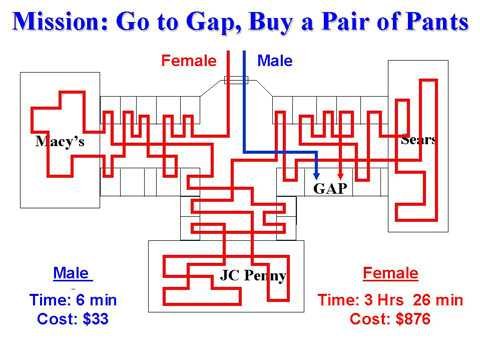mickeyd
Give me a museum and I'll fill it. (Picasso) Give me a forum ...
Article talks about women in their 50s lagging behind men and how younger women are faring better. I had always thought that women were considered better long term savers then men due to their longer life expectancy and (often) shorter work history. Guess I was wrong.
Retirement Conundrum: Why Are Women Saving Less Than Men? - Financial PlanningThe reality is that average DC plan balances of working women 50 years or older lag those of working men of the same age by almost $63,000, due in part to the fact that women defer contributing to retirement plans at a higher rate and earn less than men of the same age. This could be at least partially due to the fact that men are more likely than women to think retirement saving is important.
The good news is that younger women who are married or in civil unions seem to fare better. That is because the gap in their earnings is less significant than their older counterparts, according to the study, which was conducted in July and August of 2010 and surveyed nearly 2,500 employees, who did not work for the federal government or military, were not self-employed, and were eligible to participate in a DC plan.



